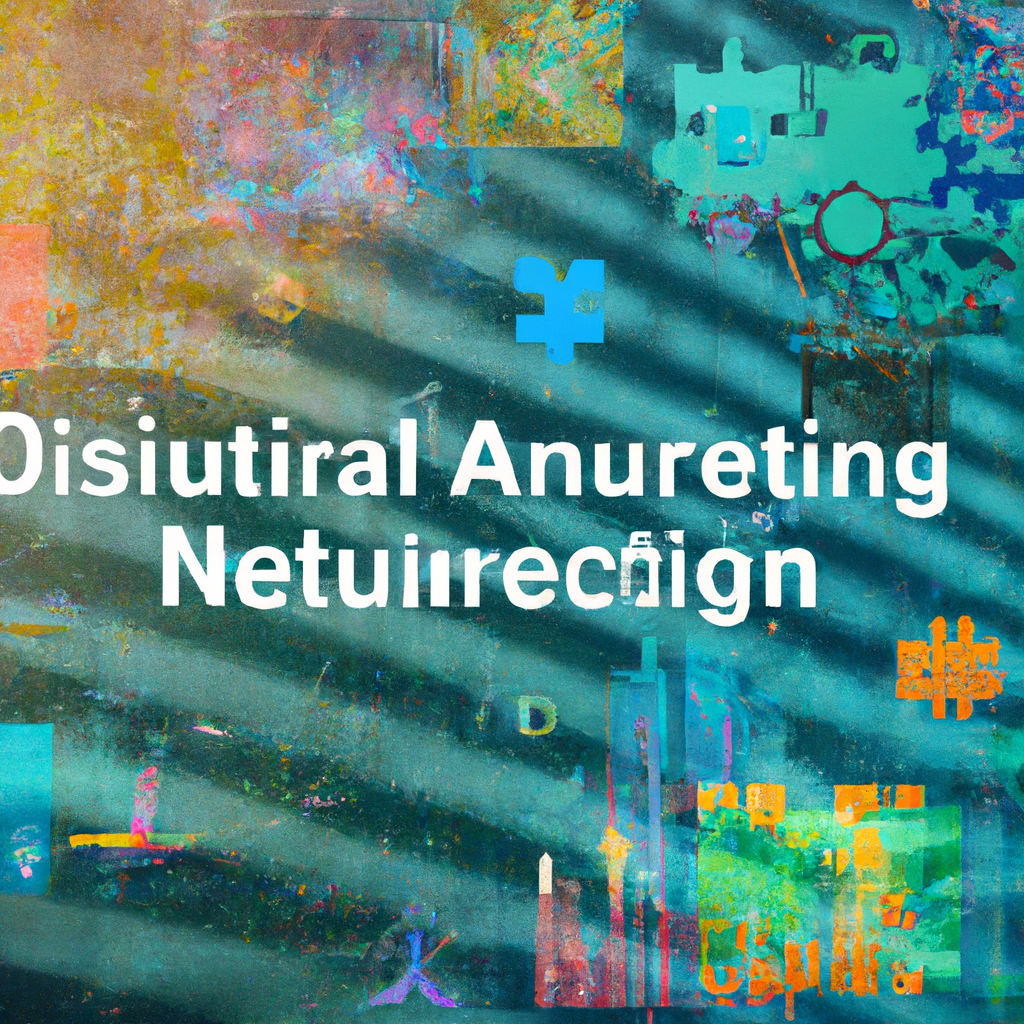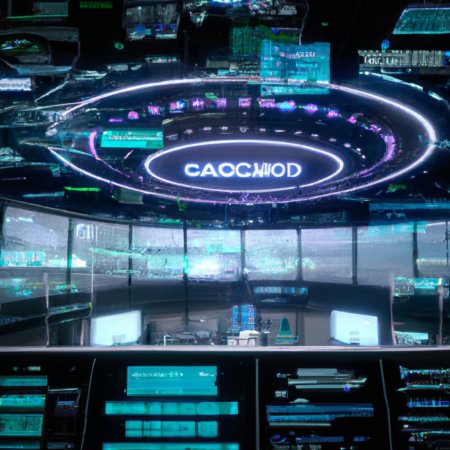Navigating the Future: The Impact of AI on Global Industries in 2025
As we embrace the second quarter of 2025, artificial intelligence (AI) continues to reshape the landscape of global industries. From healthcare to finance, and manufacturing to education, the integration of AI technologies has become a pivotal force in driving innovation and efficiency.
In healthcare, AI-driven diagnostic tools and personalized treatment plans are significantly reducing the time for diagnosis and improving patient outcomes. AI models are now capable of analyzing complex medical data much faster than traditional methods, allowing for quicker responses to medical emergencies.
The financial sector benefits from AI in risk assessment, fraud detection, and customer personalization. Advanced algorithms analyze vast amounts of data to identify patterns that humans might overlook, enhancing the security and personalization of banking services.
Manufacturing industries are witnessing a revolution with AI-powered robotics and predictive maintenance systems. These innovations not only increase productivity but also improve the safety of work environments by predicting equipment failures before they occur.
In education, AI is transforming the learning experience through customized learning programs that adapt to the individual learning pace of each student. This personalization helps in bridging the gap in education quality across different regions and socio-economic backgrounds.
Despite these advancements, the rapid integration of AI also presents challenges such as job displacement and privacy concerns. It is crucial for policymakers and business leaders to address these issues to ensure a balanced approach to AI integration that benefits all sectors of society.
Looking ahead, the role of AI in global industries is only set to grow. Staying informed and adaptable will be key for businesses aiming to thrive in this AI-driven era.






